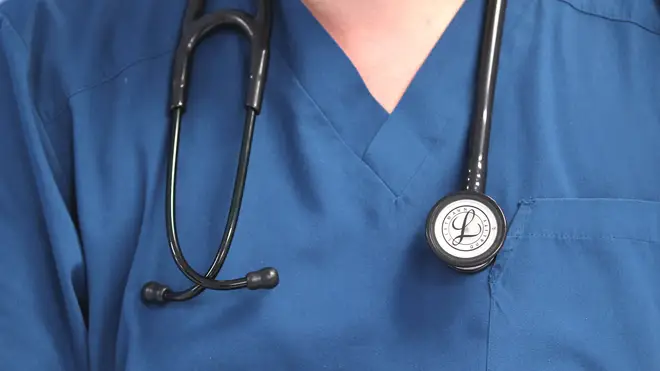
Ali Miraj 12pm - 3pm
30 August 2019, 13:26

The risk of developing breast cancer after having menopausal hormonal therapy (MHT) may be twice as high as previously thought, a major study has suggested.
Oxford University researchers say the risk may last for up to a decade after treatment stops.
They have estimated that the treatment, also known as hormone replacement therapy (HRT), may have already caused around one million breast cancers in western countries - one-twentieth of the total since 1990.
Once women reach the menopause there is a dip two hormones in the body - oestrogen and progesterone - which can cause debilitating symptoms such as hot flushes, vaginal dryness and mood swings.
HRT replaces these hormones to alleviate any undesired symptoms through methods such as pills, vaginal creams, patches or gels.
An estimated 12 million women use HRT, including one million in the UK, and charities have said the treatment should be used for the shortest time possible.
The research suggests that one in 50 women taking the most common form of HRT - oestrogen and progesterone replacement - for five years will develop breast cancer as a result.

That is twice as likely as previous research has suggested in previous studies.
The global analysis used data from more than 100,000 women with breast cancer.
The researchers found that all types of HRT, except topical vaginal oestrogens, were linked to an increased risk of breast cancer.
Co-author Professor Valerie Beral from the University of Oxford, said: "Our new findings indicate that some increased risk persists even after stopping use of menopausal hormone therapy.
"Previous estimates of risks associated with use of menopausal hormone therapy are approximately doubled by the inclusion of the persistent risk after use of the hormones ceases."
She added: "Before all we knew was that the risk was increased when they used, the belief was that it went away when they stopped.
"The main finding is that we now know the long-term effects, that the risk persists for more than a decade after stopping."
Dr Julie Sharp, head of health and patient information at Cancer Research UK, which funded the study, said: "This extensive international study gives us insight into hormone replacement therapy (HRT) that we didn't have before.
"HRT is an effective treatment for menopause symptoms, and we've known for some time that it raises the risk of breast cancer. But this study found the risk may persist for longer after stopping HRT than we previously thought, so women should think carefully about taking it."